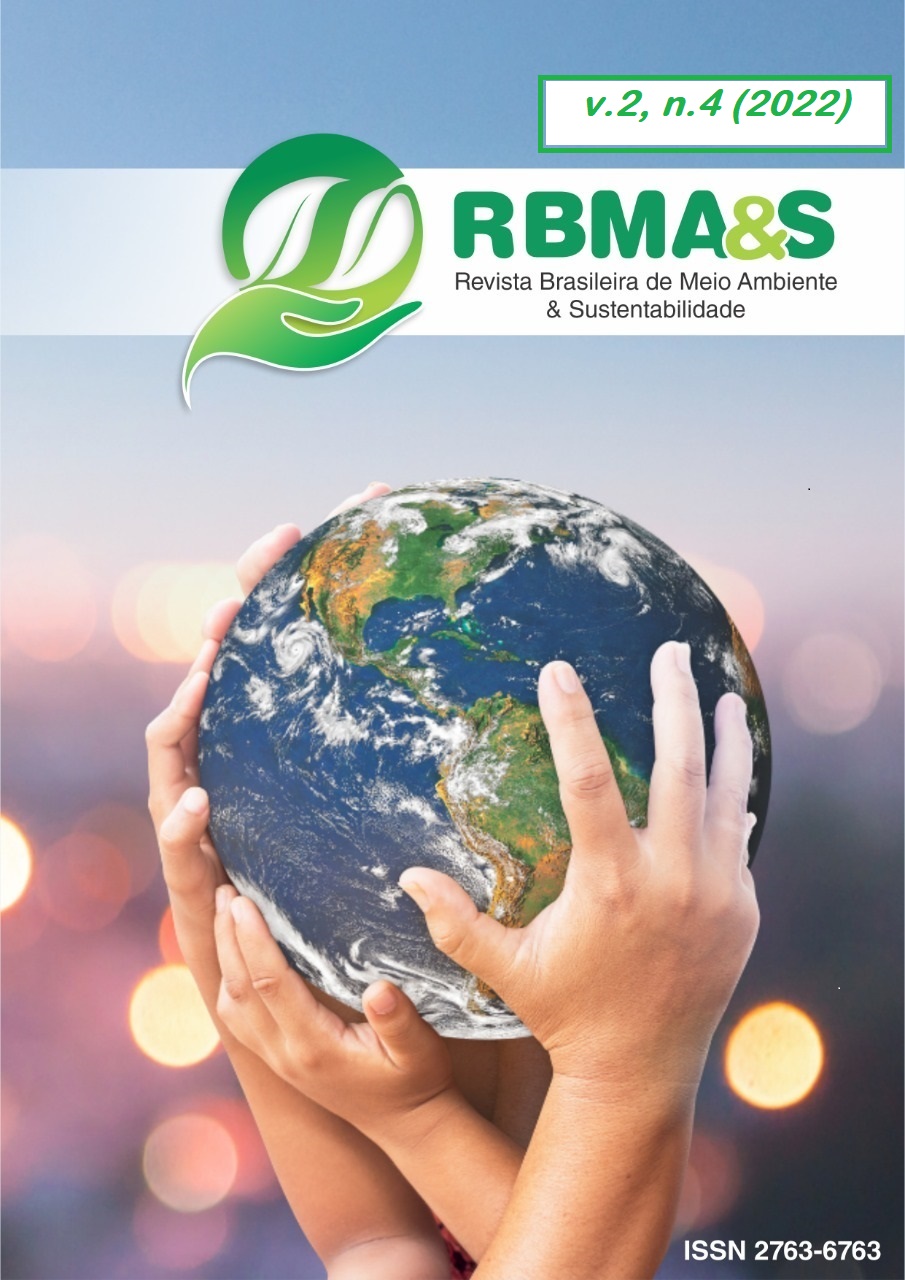ENVIRONMENTAL PERFORMANCE IMPROVEMENT STUDY THROUGH LIFE CYCLE ANALYSIS OF PASTEURIZED ORANGE JUICE MANUFACTURING
Main Article Content
Abstract
As the orange is one of the main fruits produced globally and considering that Brazil is one of the largest producers of the fruit, which generates 50% to 60% of residue from the initial mass when its juice is obtained, it is extremely relevant that the Life Cycle Assessment (LCA) study of this production be done. This study, based on a list of inputs and outputs along the entire juice production chain, allows the identification of the most critical steps that influence and promote environmental impacts. The identification of these steps is fundamental to help which measures should be taken and to increase their effectiveness, aiming to make the production increasingly more environmentally friendly. In this scenario, the present work sought, through LCA, to account the main impacts of the orange juice production steps, both disregarding the agricultural phase and including it. The results of the analyzes revealed that the pasteurization and bottling stages had a significant participation in the environmental impacts when disregarding the agricultural phase. When this phase was accounted for, it was possible to observe its contribution in all the environmental impacts analyzed, with stratospheric ozone depletion, marine eutrophication and land use being the most affected by it. The improvements proposed here are related to the manufacturing process, the stages previously mentioned, and some of them are the use of organic waste to generate sub-products, reuse of the water used to wash the fruit to clean common and external areas, use of sustainable sanitizers, among others.
Downloads
Article Details

This work is licensed under a Creative Commons Attribution 4.0 International License.

